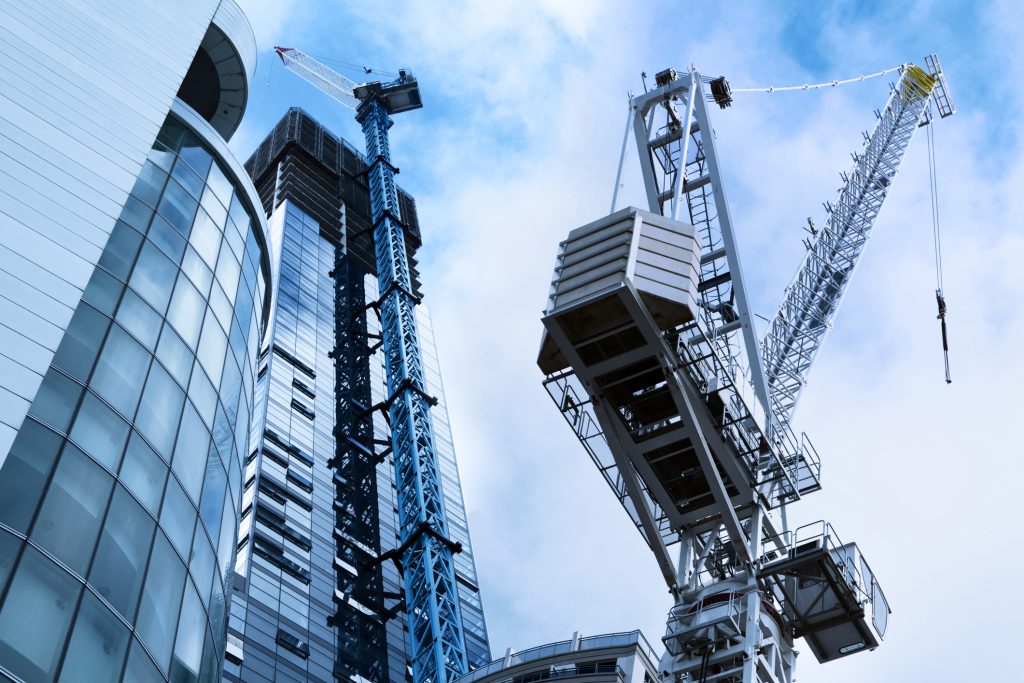Introduction
Dispute adjudication boards (“DAB“) are increasingly used to resolve disputes over international construction projects. Typically, DAB procedure is not prescribed by laws and/or regulations. It is usually the parties to the dispute that will agree on the applicable rules and procedures for the DAB, which the DAB will then follow. However, laws and regulations on DAB procedure are often enacted where government procurement is concerned.
Indonesia has taken a different approach to DAB procedure. On 21 April 2021, the Minister of Public Works and Housing (“MOPWH“) issued MOPWH Regulation No. 11 of 2021 regarding the Procedure and Technical Guidelines for Construction Dispute Adjudication Board (“Regulation 11/2021“). Regulation 11/2021 regulates many aspects of DAB use and procedure. While the name suggests that it is a technical guideline, Regulation 11/2021 is in fact binding in nature, making it relevant to construction disputants.
Regulation 11/2021 demonstrates that the use of DAB is highly regulated in Indonesia. Parties with business activities in the construction industry will need to be aware of Regulation 11/2021 and the obligations imposed. This article will examine Regulation 11/2021 to provide a clear picture on how the Indonesian Government regulates the use of DAB.
Overview of Key Provisions under Regulation 11/2021
Scope of application
Regulation 11/2021 has a wide scope of application. Article 2 of Regulation 11/2021 provides that it applies to ministries, regional government, institutions, and providers. A “provider” is defined as a service provider in the construction industry (whether it is a consultancy or the construction service provider itself). All construction services are thus subject to Regulation 11/2021.
Obligation to use DAB
Typically, the use of a DAB has to be a matter of agreement between the parties. Parties will not incorporate a DAB clause into their agreement if they prefer to have their dispute resolved through other mechanisms. However, Regulation 11/2021 provides for two instances in which disputants are obliged to use DAB for dispute resolution. Specifically, DAB clauses must be incorporated into a contract involving construction services where:
- The funds come from domestic loans or domestic grants from the central or local government; and
- The service is financed through foreign loans or foreign grants (unless the loan agreements or foreign grant agreements stipulate against the use of DAB or for the use of another dispute resolution mechanism).
Requirements for DAB Members
Regulation 11/2021 also provides mandatory requirements for qualification as a DAB member. Under Article 26 of Regulation 11/2021, a DAB member must fulfil the following requirements:
- Have Indonesian citizenship;
- Be fluent in the language chosen in the contract;
- Does not have any relationship with either the provider or service user;
- Has the necessary qualifications:
- Professional experience in interpreting contract documents;
- Knowledge of contract and regulation interpretation;
- Knowledge or experience in the technical aspect of the construction work relevant to the construction contract.
Any DAB member that parties wish to appoint must comply with the above requirements and qualifications.
Procedure
Article 16 of Regulation 11/2021 provides a procedure that must be observed by the parties and the DAB in resolving a dispute vis a vis adjudication. It is our view that the prescribed procedure is mandatory and needs to be observed by any DAB adjudicating construction disputes.
Below is the summary of the prescribed procedure and the various stages in Article 16:
Finality and objections to DAB’s decision
Upon the issuance of a DAB’s decision, the disputants have the right to submit an objection against the decision, whether in whole or in part. An objection must be submitted within 28 days after the issuance of the DAB’s decision, failing which the DAB’s decision becomes final and binding.
However, if there is an objection against the DAB’s decision:
- For partial objections, the parts of the DAB’s objection which are not being objected to will become final and binding.
- For full objections, the dissatisfied parties may seek recourse against the decision through other means of dispute resolution in line with the applicable laws and regulations (including any dispute resolution mechanism agreed in the contracts between the parties).
Enforcement issues
Despite governing various aspects of DAB, Regulation 11/2021 does not in any way answer or address the fundamental issue concerning enforcement. While Regulation 11/2021 provides that the DAB’s decision (where no objection has been made) is final and binding, there is an absence of any direct mechanism for a DAB decision to be enforced.
Due to this absence, one of the main options for the parties is to seek recourse to arbitration. In this process, the arbitral tribunal will recognise the DAB’s decision as a consent award where the parties have mutually agreed to subject themselves to the decision of the DAB. The arbitration is thus simply used to reaffirm the DAB’s decision, which can then be enforced through the same process as an arbitral award.
While the above option secures the enforceability of the DAB’s decision, this process is lengthy and may require the use of further resources (legal fees, arbitrator’s fee, institutional fees and others). To mitigate the above, parties may wish to include specific contractual terms providing for the consequences of non-compliance with any DAB decision.
Concluding Remarks
In the construction industry in Indonesia, the procedure and mechanism of a DAB are highly regulated. Parties need to take into account and comply with Regulation 11/2021 when drafting their construction contract or DAB agreement.
Despite being highly regulated, the lack of a clear enforcement process for a DAB’s decision reduces the effectiveness of dispute resolution through a DAB. We would suggest that parties specifically include provisions in their construction contracts detailing the consequences of non-compliance with a final and binding DAB decision.
This article was authored by Eri Hertiawan and Simon Sasmoyo. A PDF version is available here.






